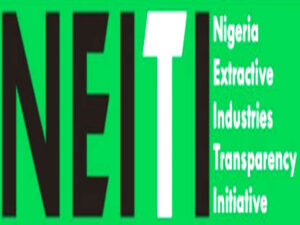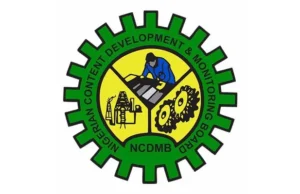AMID the turmoil in the global oil market caused by President Donald Trump’s extensive tariffs and the subsequent trade war, Nigeria finds itself once again facing a crisis that could have been foreseen.
Brent crude prices plummeted more than 20 per cent within a week, falling from $74.95 on April 2 to $58.46 per barrel on April 9, before recovering to approximately $65 pb by April 15. This remains significantly below the $75 pb benchmark set for Nigeria’s 2025 “Budget of Restoration”, underscoring the country’s precarious financial situation.
Oil, which accounts for 90 per cent of Nigeria’s export earnings and 56 per cent of its anticipated 2025 revenue, has proven to be an unreliable foundation.
The Federal Government, already dealing with a 21.6-million-barrel production deficit in the early months of the year, is also confronting a fiscal deficit of N13.08 trillion, equivalent to 23 per cent of the budget.
With N14.32 trillion projected for debt servicing, it is evident that Nigeria has incurred an estimated loss of $1.62 billion in gross revenue so far this year. This situation transcends fiscal issues. It signifies a structural failure.
The drop in oil prices has forced the CBN to intervene by selling nearly $198 million to stabilise the naira. US investment bank JPMorgan has warned that foreign investors in Nigerian treasury bills now face escalating risk, as the naira’s vulnerability grows alongside dwindling oil revenues.
But this is a crisis foretold. For decades, successive governments have sung the chorus of diversification while doubling down on oil dependence. The result is a fragile, rent-seeking economy that remains vulnerable to external shocks and internally hobbled by inefficiency, corruption, and underperformance.
The prudent strategy of accumulating compulsory national savings in the excess crude account to absorb shocks emplaced by the Olusegun Obasanjo administration was jettisoned by an increasingly careless set of economic managers in later years. Today, the results are ominous.
Economic diversification should become a doctrine, not dogma. Agriculture, solid minerals, and digital services offer genuine pathways to resilience. Agriculture employs more than 60 per cent of Nigerians and accounts for 22 per cent of GDP. Its vast potential can be leveraged with mechanisation and science as well as improved value chains.
Nigeria sits on vast mineral wealth that contributes next to nothing to national revenue. This government must unlock the opportunities in that sector.
Meanwhile, the tech sector, driven by a young, enterprising population, is quietly thriving. With targeted investment and regulation, it could become a major economic engine within the next decade.
Also critical is a complete overhaul of the tax base. With a tax-to-GDP ratio of just over 10 per cent, Nigeria ranks among the lowest globally. This must change. A reformed, digital-first tax system that captures the informal sector, property holdings, and wealth can expand the revenue pool significantly without overburdening the poor.
Perhaps most importantly, the government must overcome its penchant for wasteful spending. The N13.64 trillion earmarked for recurrent expenditure is a symbol of chronic inefficiency..
Nigeria needs to wean itself from debt addiction. With debt servicing consuming over 25 per cent of the national budget, Nigeria is slowly sinking into an unsustainable debt trap.
Nigeria should take a cue from Gulf nations, which are actively diversifying their economies away from reliance on oil and gas revenues and focusing on other sectors, such as tourism, finance, technology, and real estate, to ensure sustainable long-term economic growth.
Oil prices should no longer determine Nigeria’s destiny. This must be driven by the creativity of its people, the potential of its resources, and the astuteness of its leadership.





